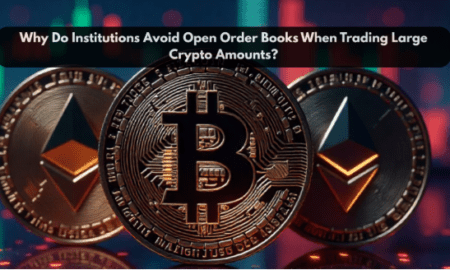Posts By Abdul Basit | Beyond Boundaries
-

 16Technology
16TechnologyWhat Are the Penalties or Consequences of Not Having an EPR Authorization Certificate from CPCB?
Extended Producer Responsibility (EPR) is a mandatory environmental compliance requirement in India for producers, importers, and brand owners of regulated products, including...
-

 21Technology
21TechnologyInnovating Architectural Visualization with 3D Rendering
As the costs of architectural and consultant services continue to rise, it has become vital to find ways to streamline the design...
-

 55HealthTech
55HealthTechWhat’s Changing in Health and Fitness: News, Updates, and Expert Insights
The health and fitness landscape is constantly evolving, driven by breakthroughs in medical research, innovative fitness technologies, and changing lifestyle trends. Over...
-

 58Business news
58Business newsSmart Travel Strategies for Modern Business Professionals
Business travel has become an essential part of professional life in today’s global economy. Meetings, conferences, client visits, and international partnerships often...
-

 68Technology
68TechnologyModernizing Wastewater Monitoring: Santunu Barua’s GUI Design Enhances Water Compliance
Santunu Barua’s new UK-registered graphical interface turns sensor readings into real-time dashboards, helping treatment plants meet U.S. water quality laws and stormwater...
-

 50Latest News
50Latest NewsThe Hidden Friction That Keeps People Stuck in “Almost Fine” Money Cycles
A lot of financial stress does not look dramatic from the outside. It looks like someone who is functioning. Bills get paid....
-

 66Technology
66TechnologyIInter Accounting Advisory Entra in Gioco Mentre le Pratiche Dubbie dei Broker Vengono Sottoposte a una Pushback Regolatoria
Ehi gente, se avete dato un’occhiata ai titoli finanziari delle ultime settimane, il messaggio è chiaro come il sole: i regolatori hanno...
-

 84Technology
84TechnologyBeyond the Green Zone: Securing the Trillion-Dollar Supply Chain in the World’s
Most Hostile Terrain By [Your Name/Agency] Dateline: HOUSTON / SINGAPORE The era of “easy oil” and “safe mining” is mathematically over....
-

 72Latest News
72Latest NewsBeautiful Home Ideas to Make Your Space Warm and Stylish
If you enjoy learning about home improvement and interior comfort, you may already be familiar with platforms like thehakevent that focus on practical home-related...
-

 60Business news
60Business newsUltimate Guide for Modern Business Travelers
Business travel is no longer just about attending meetings or signing contracts. In today’s globalized world, modern business travelers blend productivity, networking,...
-

 54Business news
54Business newsThe Positive Impact of Gaming Events on the Modern Gaming Industry
Gaming events have evolved into powerful platforms that shape the modern gaming industry. What once began as small local tournaments or fan...
-

 57Business news
57Business newsThe Ultimate Guide to Unlocking Hidden Levels in Popular Games
Gaming has come a long way from simple pixelated adventures to immersive worlds filled with secrets, challenges, and hidden treasures. One of...
-

 56Business news
56Business newsEasy Home Improvement Hacks for a Beautiful Living Space
Transforming your home into a beautiful, welcoming living space doesn’t always require major renovations or a hefty budget. With the right strategies...
-

 74Latest News
74Latest NewsA Complete Guide to Selecting a Jewelry Manufacturer in China
Selecting the right jewelry manufacturer in China is the most important step any brand should take to grow, maintain quality, and remain...
-

 71Business news
71Business newsWhy Do Institutions Avoid Open Order Books When Trading Large Crypto Amounts?
Crypto markets are transparent by design. Every bid, ask, and executed trade becomes visible to participants in real time. While this openness...
-

 80Technology
80TechnologyDesign, Rank, Win — India’s Top Website Design Company with Expert SEO Services and a Results-Driven SEO Company
In today’s digital-first world, your website is more than a business card — it’s a powerful sales tool. But a pretty site...
-

 75Technology
75TechnologySara Stedy Mobility Support and Rental Solutions for Safer Patient Transfers
This loss of mobility can convert the life of the person in a moment, and this is mostly experienced in recovery or...
-

 63Latest News
63Latest NewsVessel Bathroom Faucet vs. Bathroom Faucet: What’s the Difference?
When updating a bathroom, choosing the right sink is usually the fun part. Choosing the faucet? That’s where many people get confused....
-

 123Business news
123Business newsBridging Tradition and Innovation: The Real Estate Journey of Itzhak Ezratti
Tradition meets change Real estate is an industry that constantly moves forward, yet the most successful developments usually rely on solid, time-tested...























































